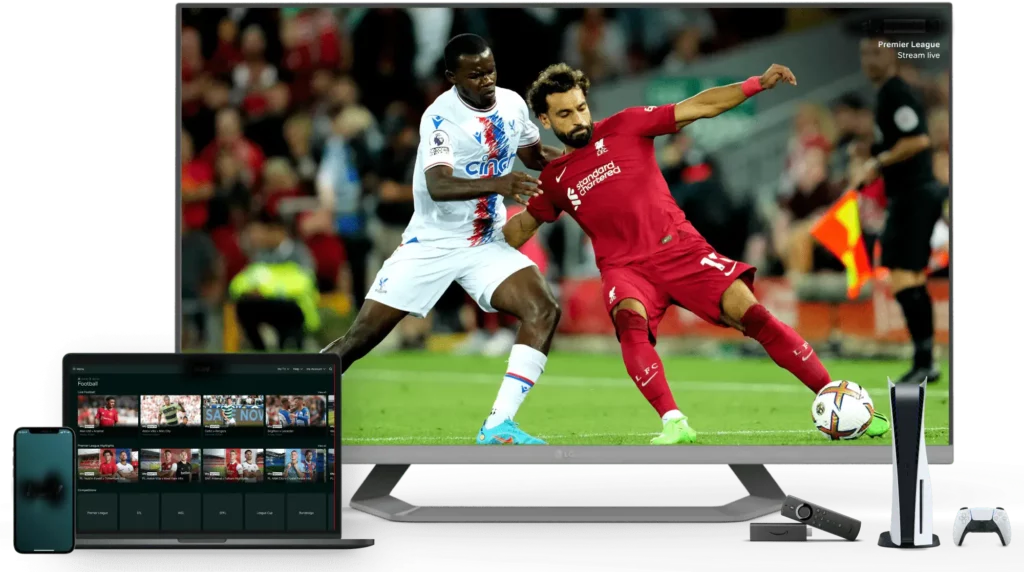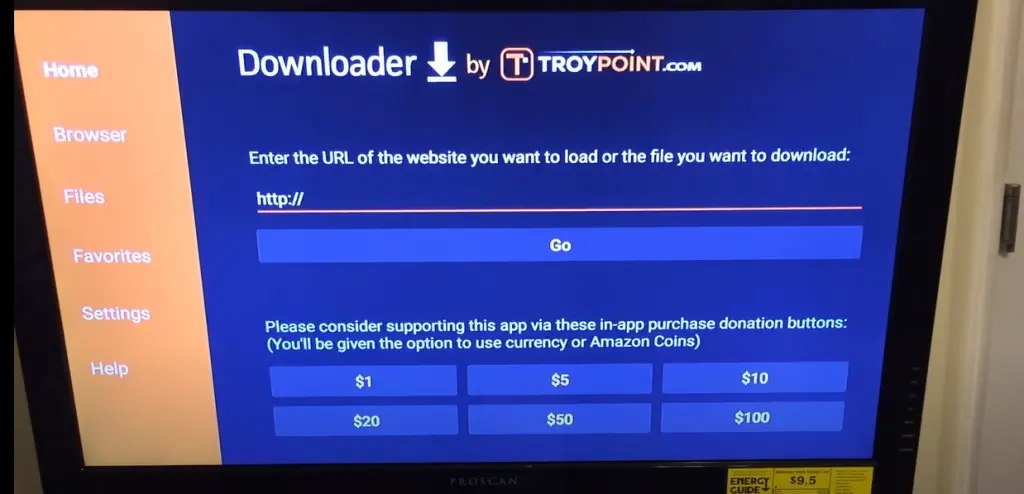How The Iptv Works
IPTV stands for Internet Protocol Television, which is an innovative way to access television programs via the internet. In simple terms, IPTV delivers TV channels and video content through the internet rather than traditional cable or satellite.
The key advantage of IPTV is that it provides a customizable and interactive viewing experience. Users can select their favorite shows and access them on demand. IPTV services provide access to international channels, premium content and offer features such as recording, pause, rewind, and fast-forward.
Technicalities Behind IPTV
IPTV works by using a standard internet connection to stream video content to a TV, tablet, or smartphone. Generally, IPTV services utilize a multicast method, which means the same video stream is sent to multiple users all at once. This is different from a unicast method, where only one stream is sent to a single user.
IPTV also requires a broadband internet connection. In most cases, service providers recommend a minimum of 4mbps download speed for smooth streaming. However, 10mbps is preferable for high-quality video content, especially if there are multiple streams running at the same time.
The video content is delivered through a dedicated IPTV network, which is different from the public internet. The network is designed to provide high-quality video services and is generally managed by IPTV service providers.
Types of IPTV Services
There are three primary types of IPTV services:
Live IPTV: This type of IPTV service is similar to traditional TV broadcasting and provides live TV channels.
Time-Shifted IPTV: This service allows users to access a time-shifted version of a live stream. This means users can replay a particular program at any time.
On-Demand IPTV: This service provides access to pre-recorded video content, which users can access at any time.
Devices That Support IPTV
IPTV is accessible on various devices, including smart TVs, smartphones, tablets, and desktop computers. Most IPTV service providers also offer their own app, which users can download on their devices.
Users can also access IPTV services through set-top boxes and devices such as Amazon Fire TV, Roku, and Google Chromecast. These devices enable users to stream IPTV on their TV, as well as access other streaming services.
Benefits of IPTV
IPTV offers numerous benefits over traditional TV services. One of the significant advantages of IPTV is that users only pay for the channels they want. Users can customize their channel lineup or select individual shows they want to watch, instead of being forced to buy a bundle of channels.
IPTV also provides a more personalized viewing experience. Users can easily navigate through channels and show listings, and even record favorite programs to watch later.
Conclusion
The IPTV technology has revolutionized the TV viewing experience, and the industry is growing at a rapid pace. IPTV has changed the way people access and watch their favorite shows, providing a customizable and interactive experience. With increasing demand for on-demand and personalized TV services, IPTV has become a popular alternative to traditional cable and satellite services.
Get your subscription today: iptvuk.uk






